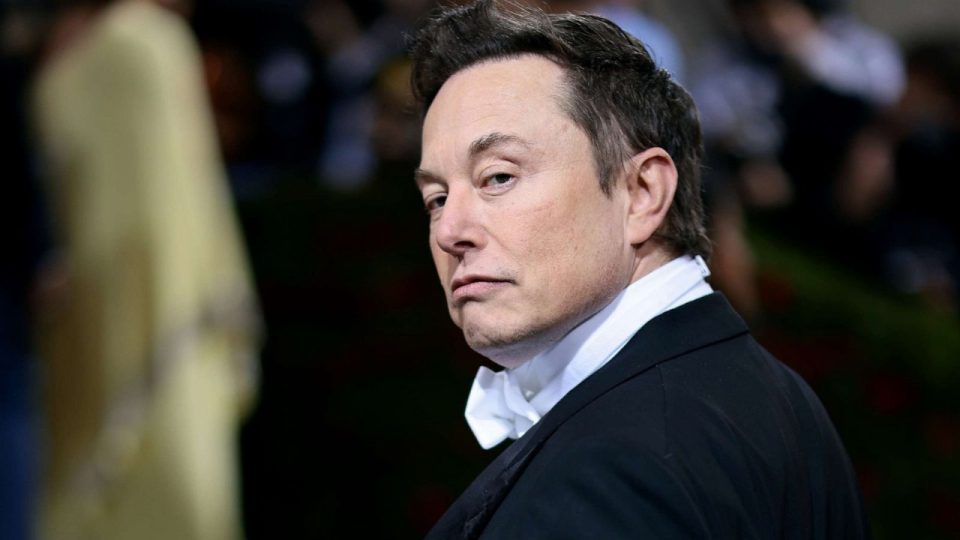In a surprising turn of events, the Indian government has declared that it is not currently considering a reduction in taxes on imported electric vehicles. This unexpected announcement could potentially delay Tesla Inc.’s much-anticipated entry into the Indian market. The statement was made by Som Parkash, the junior minister of the Ministry of Commerce and Industry, during a parliamentary session on Wednesday.
Government’s Current Position:
Parkash emphasized that there is presently no proposal to provide exemptions from local value addition costs or subsidies on import duties for electric vehicles. This stands in contrast to earlier discussions within the government about a policy that would have allowed international companies, including Tesla, to import electric cars at concessional tax rates if they committed to eventual manufacturing in India.
Government’s Policy Focus:
The government’s existing policies align with its “Make-in-India” initiative, which aims to encourage both domestic and foreign investment in the electric vehicle (EV) industry. In 2021, the government launched a substantial $3.1 billion incentive program to boost local EV production. Additionally, a $2 billion program offers incentives to companies interested in building batteries in India.
Implications for Tesla:
This recent development poses a potential setback for Tesla’s plans in India. Talks between the Indian government and Tesla, which were seemingly progressing towards an agreement, may once again reach a deadlock. Earlier negotiations faced challenges as the Modi administration insisted on local production, while Tesla’s CEO, Elon Musk, sought lower taxes to competitively price vehicles built elsewhere.
Previous Agreements and Current Challenges:
Recent reports suggested that India and Tesla were nearing an agreement that involved the sale of Tesla cars in the country starting next year, coupled with the establishment of a manufacturing plant within two years. However, the latest government statement indicates a possible roadblock to these plans.
Trade Minister’s Perspective:
India’s Trade Minister, Piyush Goyal, who visited Tesla’s plant in Fremont, California, last month, provided some positive signals by mentioning Tesla’s plans to nearly double purchases of auto parts from India to $1.9 billion this year. Despite this, the current tax stance could complicate negotiations and potentially delay Tesla’s significant investment in the South Asian nation.
The Indian government’s decision not to consider tax reductions on imported electric vehicles adds a layer of uncertainty to Tesla’s plans for entering the Indian market. While both parties had been engaged in discussions that seemed promising, the current tax policy stance may necessitate a reevaluation of strategies. The evolving dynamics between India and Tesla will be closely watched as the electric vehicle industry continues to play a pivotal role in the global automotive landscape.

